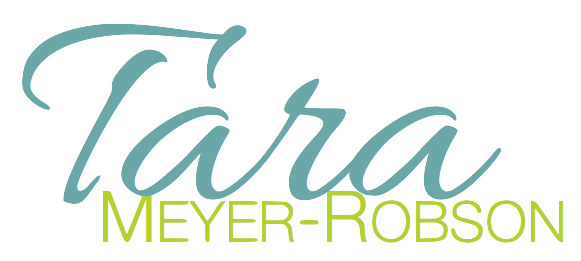
How to Make Better Decisions: Why Happiness is the Best Compass of Which Direction You Should Go in Your Life.
Decision-making can be excruciating, especially if it's an especially important decision. If you are like me, your mind swirls with worry about making the “right” decision or the “best” decision, endlessly swinging between options like a pendulum out of control. You try to take every possible factor into consideration: “How will this person feel? Am I letting someone down? What will the future be like if I go this way?” (And so on, and so on, and so on...for hours or even days.)
I’m happy to report that I've finally figured out a better way to make decisions, and it's made my life a whole lot easier.

What to Do When Life Seems Out of Control
I subscribe to the belief that no matter what, you are always in control of your own emotions.
(There’s a big BUT coming…)
BUT there are times when long-term stress from a myriad of causes can make it seem like you are very much out of control of everything.
How do you put yourself back in charge of how you are feeling and reacting? Better yet, how do you start changing your life for the better?

Overwhelmed? Find Your Way to Massive Success with Small Steps Forward
I'm the kind of person who always has 10 major projects going at once. After many years of finding this frustrating, I've come to terms with the fact that my brain never shuts off and that I will always have more ideas than I have time to complete.

Choosing Happiness Even When Things Are Difficult
I am a smiley kind of person; I can't help it. I love people and I automatically smile when I meet someone's eyes.
I stopped at a gas station today and ran in to grab a water. I smiled at the cashier and greeted him cheerfully. He responded, "Wow - you must have a really easy life to be that happy."
Um, no. In the last 8 weeks, my beloved dog died and we went through two failed adoptions. So no; it's been anything but easy.
